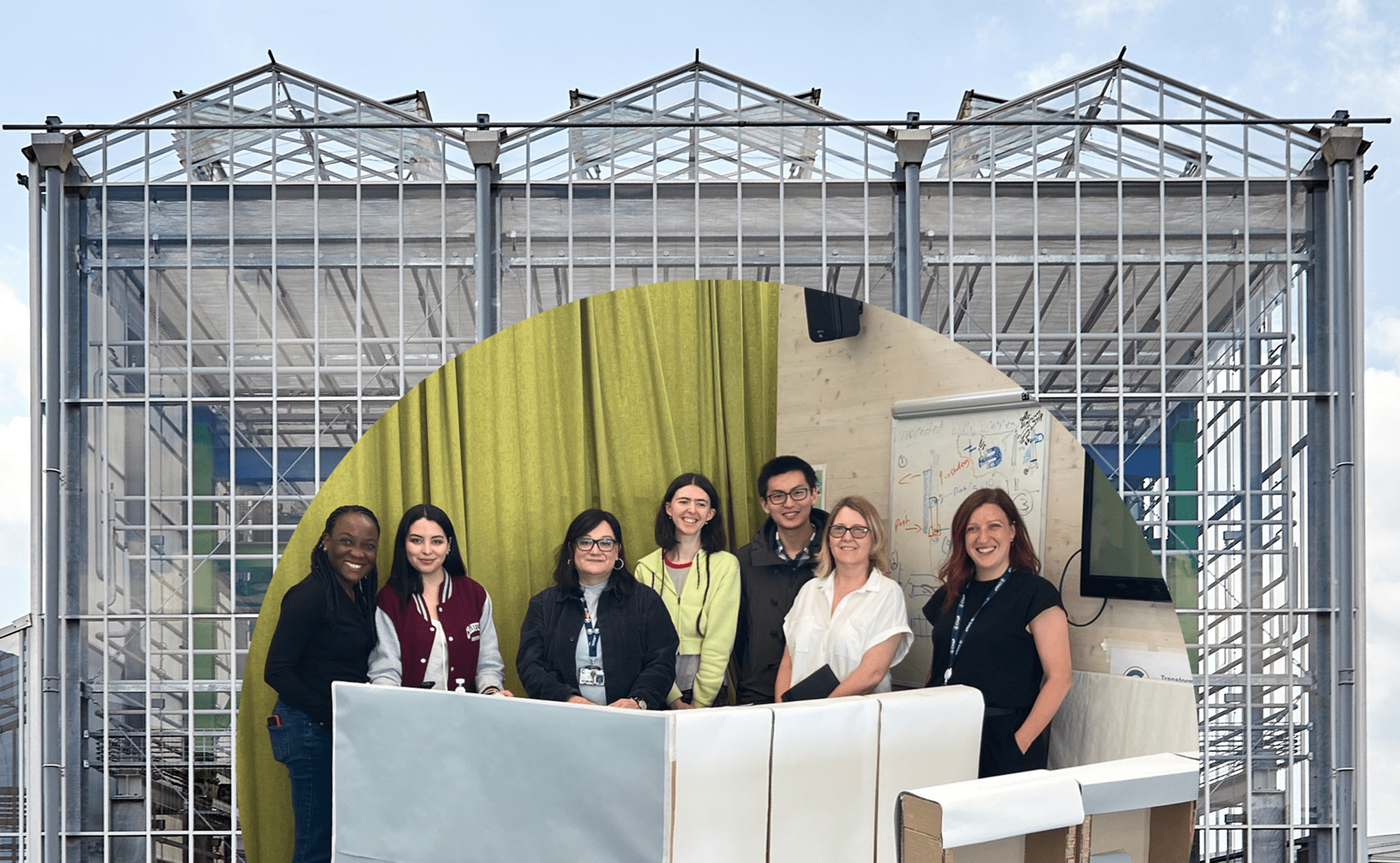Extensive consultations with various manufacturers and material designers led to the realisation that a collective of talented and highly skilled individuals would be essential in fully capitalising on the potential of this facility.
Karen Donal, Capability Liaison Manager at CHAP added: “This facility was originally designed and built in 2015 and has seen plenty of use in that time. As such, we conducted a review to investigate whether the facility is still fit for purpose and if there are ways we could improve the whole system use-process.”
To this end, CHAP, in collaboration with Cranfield University set out and tasked MDes students with understanding the facility’s requirements, customer and project partner expectations, as well as anticipated advancements and research developments in the sector. With the guidance and support of academics, the students embarked on the exciting project to address these challenges.
During the 10-week project, five students from diverse disciplines at Cranfield University, including MDes Design thinking and MSc Environmental Engineering, embarked on an in-depth analysis.
The work involved evaluating the facility’s functionality and conducting interviews with the technical team and researchers at Cranfield University. Furthermore, the students sought input from industry experts and commercial businesses to gain insight into industry needs and incorporate future customer considerations into the design stage.
By utilising various selection tools, product development techniques and material evaluation methods combined with feedback from user groups, the final design of the soil modules and the entire glasshouse was carefully crafted. The new design also integrated additional innovative ideas – reduced labour for filling and emptying, space-saving stacking capabilities when not in use and elements of semi-automation that ensure technical consistency.
Amy Farrington, Innovation Sector Lead at CHAP said: “We are always on the lookout for ways we can improve and future-proof our capabilities to ensure we provide worlds-class facilities for our project partners and ground-breaking research.
“The capability revolves around our cutting-edge soil lysimeters, designed to be a tool for investigative research at the scale between traditional glasshouse pot experiments and field plot trials.”
The project achieved a remarkable success, delivering a resilient system design that seamlessly aligns with the future of agri-tech research. CHAP will aim to bring the novel design to life, thanks to the dedicated team efforts and innovative thinking of the project team. The exceptional work was duly acknowledged as the group project received the prestigious Group Project Presentation award in the Centre for Design Engineering.
Find out how CHAP can help take your crop research to the next level, go to Plant Phenotyping and Soil Health Facility and Digital Phenotyping Lab.
Reach out to the CHAP team to discuss potential project opportunities using our the enquiries form at the bottom of our homepage.












